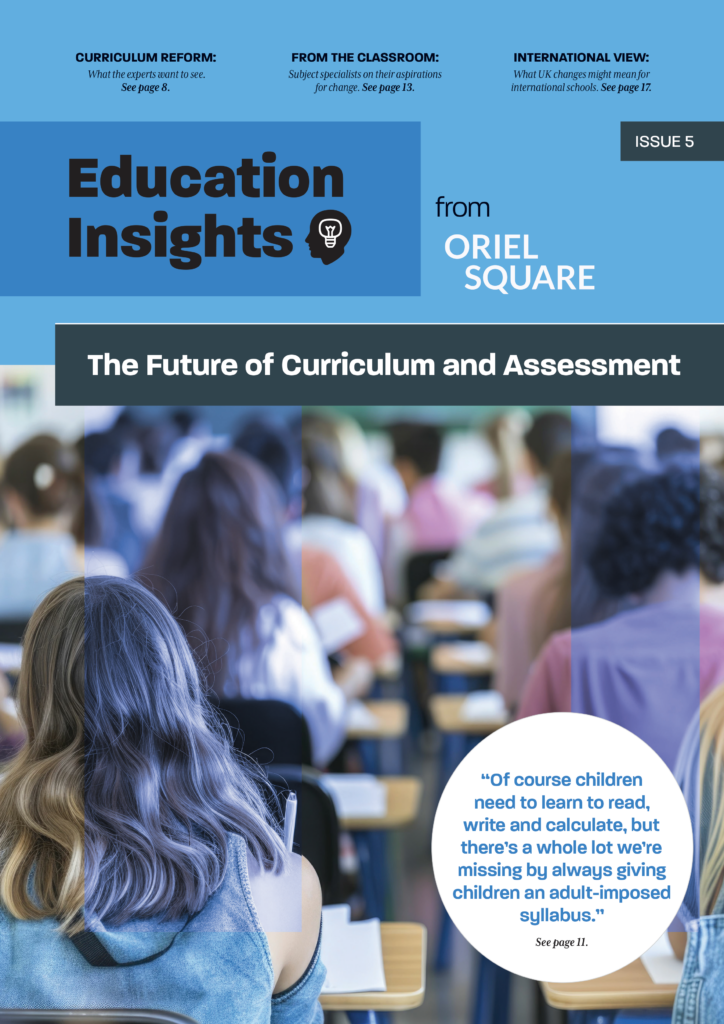This is an extract from Education Insights, Issue 5: The Future of Curriculum and Assessment. Subscribe to read the article in full and unlock access to our quarterly insights reports.
subscribe nowAuthor: BESA’s Peter Doyle.
This year’s King’s Speech was one of the longest in recent memory. With over 40 bills announced, the incoming government has set out a huge legislative agenda for the next parliamentary session, including provisions for a curriculum review through the Children’s Wellbeing Bill.
Focus on core competencies
We expect there to be a continued focus on the core competencies of reading, writing and maths. In key stage 1, we will likely see a continuation of the phonics screening test, with a new phonics-style screening test also introduced for numeracy.
The previous government required phonics suppliers to be validated by the Department for Education. Initially, bottlenecks in the validation process artificially limited the number of listed providers, giving that small set an advantage. This in turn limited suppliers who placed greater focus on serving children who experience difficulties in learning phonics, for example, children with SEN.
“BESA will be urging members to use their vast educator networks to encourage as many teachers as possible to have their say on the future of the curriculum.”
It is important that an expansion of the validation process for numeracy resources enables a broad range of suppliers to participate. BESA believes that the government should take a less rigorous approach at first, enabling the market and government to experiment with different approaches and discover ‘what works’ before tightening up validation requirements, bringing teachers and the market with them.
A ‘broader curriculum’
There is also a commitment to a ‘broader curriculum’ with more focus on subjects such as music, sport, art and drama. This will be welcomed by suppliers. The introduction of the Ebacc and Progress 8 scores has made schools overly focused on teaching core – albeit valuable – subjects at the expense of others, creating a cost incentive for schools, particularly at key stage 3, to narrow their teaching of non-Ebacc subjects. Subscribe to keep reading BESA’s industry view on curriculum and assessment change.
Subscribe to keep reading and unlock full access to our insights reports.


